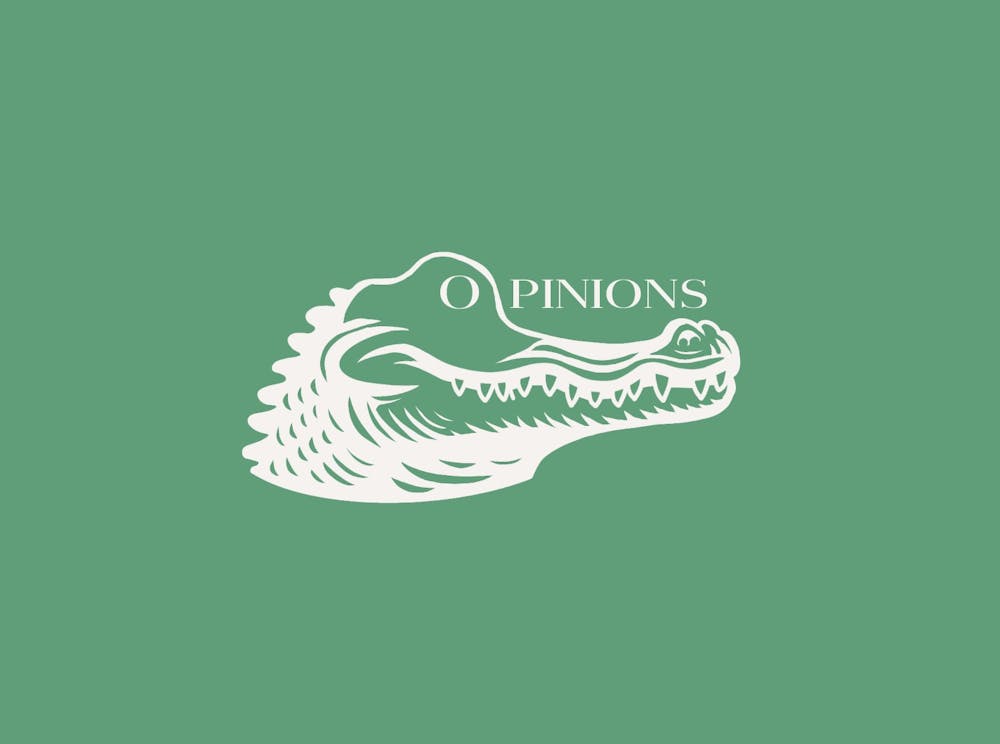There is something so tantalizing about listening to sad music — not so much for the catharsis Mitski offers or the emotional wreck that Julie Doiron pulls out of you in the most invasive ways imaginable, but for the aesthetic itself.
Doom scrolling on TikTok during the “Twilight” resurgence, we’ve all found ourselves lost in the sea of edits of Bella Swan staring melancholically out her window as the most gut wrenching strains of a Lykke Li song plays in the background. While I was team Jacob, I could only feel the pulling of my heart strings longing for Edward’s return.
Depression sucks. It’s not just the dark cloud over your head that perpetually drops 4-inch hailstones while you’re trying to study for your chemistry exam. It’s also attempting to stay functional while you see the people around you go through life with a certain kind of je ne sais quoi. The painful awareness of the cheat codes given out at birth, while you were left with playing life on hard mode.
The thing about clinical depression is that it’s spontaneous — it ebbs and flows in and out of your life. One day you can wake up feeling like you're cured. Like the change you’ve been hoping for has finally manifested itself into your reality. You can finally become the person you’ve always dreamed of being.
Yet somewhere along the line, you feel the weight in your chest slowly spread throughout your body. Slowly but surely, getting out of bed feels like pulling teeth. The person in the mirror becomes unrecognizable, a mix of disgust and pity. You take a look around and feel like even your closest friends despise you.
There’s this anger and resentment that fills you as you try to figure out where it all began. Your sensitivity heightens, and the slightest mishap or awkward situation feels like raw nerves exposed to the harsh wind. Each blow starts to feel like life is out to get you, leaving you with no choice but to lock yourself in a tower and throw away the key.
Eventually, like the Bella Swan edits, you begin to romanticize your mental health. Maybe not in the very sense of the word, but it starts to slowly become something you accept as your reality, something that is inherently who you are.
With every failure and sense of wasted potential that ruminates in your head, you can’t help but blame failed relationships, exams or random indiscretions on your depression. The smiles and words of encouragement from your therapist hide behind a paywall, and you can’t help but scoff at their optimism and roll your eyes at their advice.
But what you don’t realize is that by allowing your depression to become an excuse for hurting other people, including yourself, it becomes a weapon you yield to absolve yourself of any kind of accountability instead of fostering actual self awareness.
People grappling with their mental health can get caught up in their day to day. They fail to realize that not taking accountability for their issues indirectly ensures the people closest to them will receive the brunt of it.
I believe that it’s a symptom of our Western individualistic society, where we’re conditioned to adopt an external point of control. Where instead of believing that you have some semblance of control in your life, it seems as though things are happening to you rather than something we actively shape.
While this may sound harsh, you have no one to blame but yourself. This doesn’t mean you waive the right to process and feel your emotions — you absolutely should — but it’s your actions you have to learn to gain control over. Frankly, it’s not anyone else’s responsibility to carry that emotional burden with you.
It’s easy to blame other people or situations because it’s difficult to fathom that you feel this way for no reason. Eventually, there comes a time when there is this need to be seen and pitied, to feel like others should share your pain, becomes enjoyable. It removes any kind of accountability, because the pain becomes so great, it’s easier to take some of the load off.
The tools and resources gradually become obsolete, and rather than using them to heal from your trauma and mental health issues, they become a way to reaffirm your self-destructive patterns.
There needs to be a level of responsibility and accountability for your involvement, not only in getting better, but in how you are affecting the people around you. After hours of staring melancholically while listening to endless depressing playlists, it might seem like there’s no escape from the pain.
But remember — things do and will get better. Hold onto the key and realize that self-isolation only hurts you and robs the people around you of what you have to offer.
Eriel Pichardo is a UF English senior.






